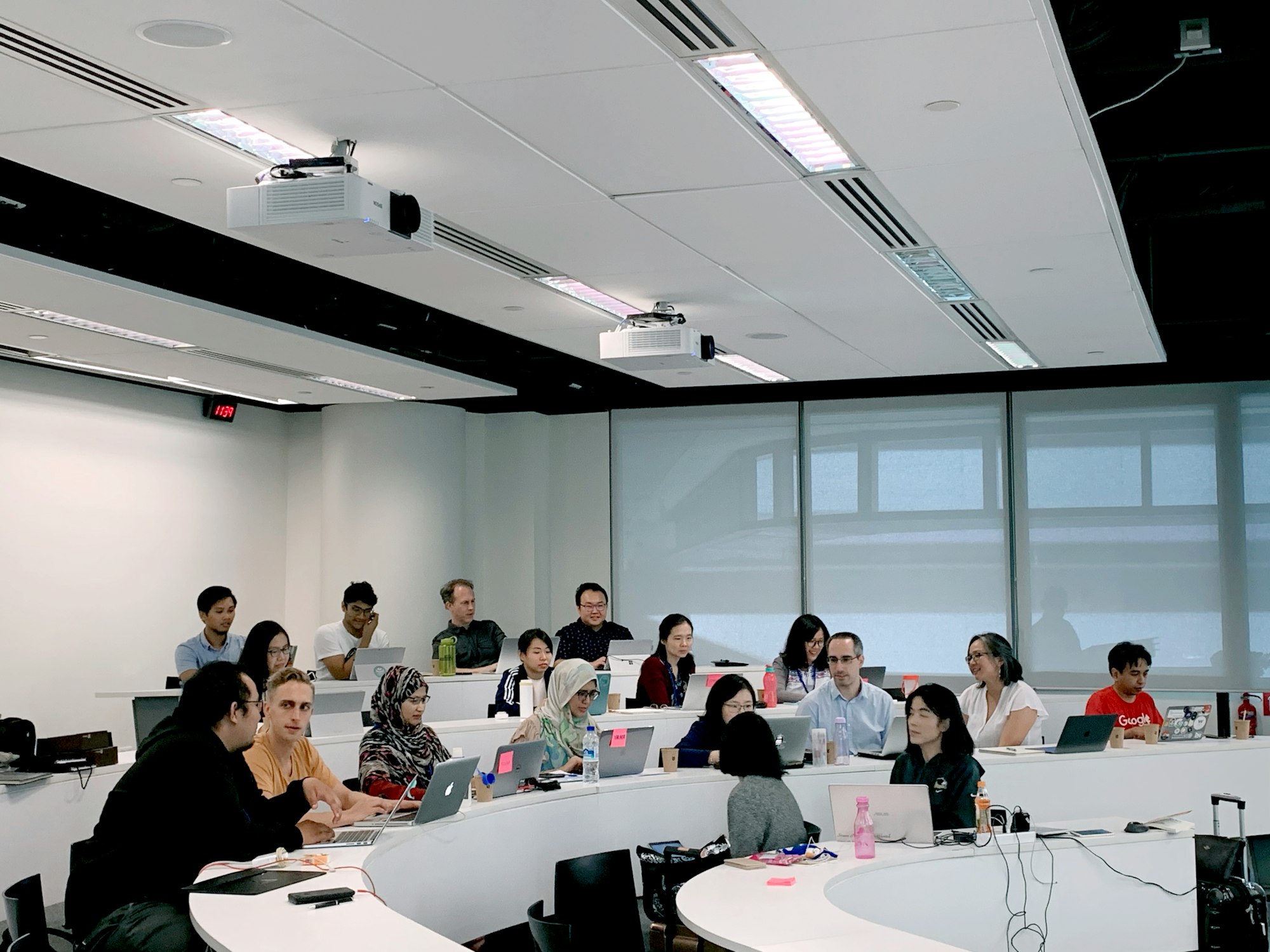The Importance of Professional Development for Early Childhood Educators

Consequently, we're also gaining awareness of how the knowledge, skills, and practices of early childhood educators play a big part in children's learning.

Parents want educators to:
- provide richer educational experiences for all children,
- engage children of varying abilities and backgrounds,
- and connect with a diverse array of families
Of course this isn't an easy feat to achieve. Continuous professional development is key to ensure that educators are able to keep up with the changes in industry standards.
However, even in the face of this increased attention, many early childhood educators feel that professional development is not the most effective use of their time. On average, educators spend an average of 60 to 90 minutes a day on just administrative paperwork and this doesn't even include the time needed for lesson planning.

But, the fact remains that educators need regular professional development and education to stay fresh and updated.
Ministries around the world are aware of this predicament and are beginning to introduce new initiatives to support early childhood educators. At the annual Singapore Early Childhood Conference this year, Minister for Social and Family Development Masagos Zulkifli said: "The priority is to help all teachers deepen their expertise and develop fulfilling careers in the sector."
Why is it important?
1. Staying relevant
Professional development is important to an early childhood educator because it allows them to share, network, and most importantly, remain current in their field.
Professional development is a career-long process. It's a way for educators to stay up to date on the latest trends in education and discipline. This helps them to develop and expand upon their skills and knowledge.

2. Being in a community
One of the greatest benefits of professional development is the opportunity to get together with other early childhood caregivers and share “war stories.” Through our many interactions with our clients, we have seen educators get together at conferences and share stories, swap ideas, brainstorm and help each other out. The informal learning experience is extremely beneficial.
Educators need to know they’re not alone.

3. Keeping in check
Continuous learning will reduce the stress educators feel in a classroom setting. Reviewing what is normal and what is not in early childhood behaviour will reassure educators when dilemmas occur in their own classroom.
Many young teachers are right out of school and don't have a lot of hands-on experience. Professional development creates the opportunity to refresh their minds and discuss how best to implement new practices and procedures in a classroom. After all, textbook knowledge can only bring you so far and educators may need help when it comes to learning to actually put it into action.

4. Increases professionalism
Often early childcare educators are underpaid and feel unappreciated. Investing in their education shows them they’re doing important work.
Continuing education and professional development will make educators feel more confident in their career choice and more positive about the rigour of early childhood education.
When educators are relaxed, confident and positive in the classroom, the children win – and so do you!

A message to teachers: it is your responsibility to continue to grow and develop as an early childhood professional. It will make you more effective as an educator – and more marketable if you decide to transfer schools or go on to other positions within your own.
Making educators' lives easier
Regardless of which school you work in, a smart school management system is designed to make your life easier. It is the nervous system for schools around which other technologies are incorporated. It is, in fact, a master plan to regulate administrative operations in a consolidated, integrated, efficient and smooth way to increase the productivity of schools.
If you are still looking for a system that will work well for your school's operations, you can contact LittleLives to see how we can help!



